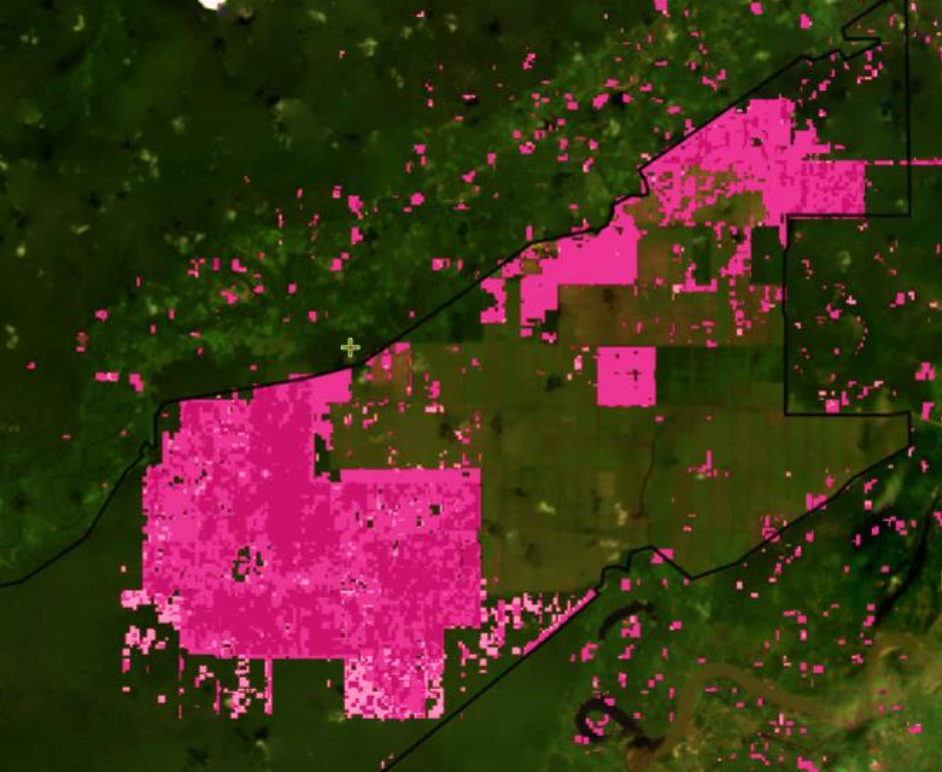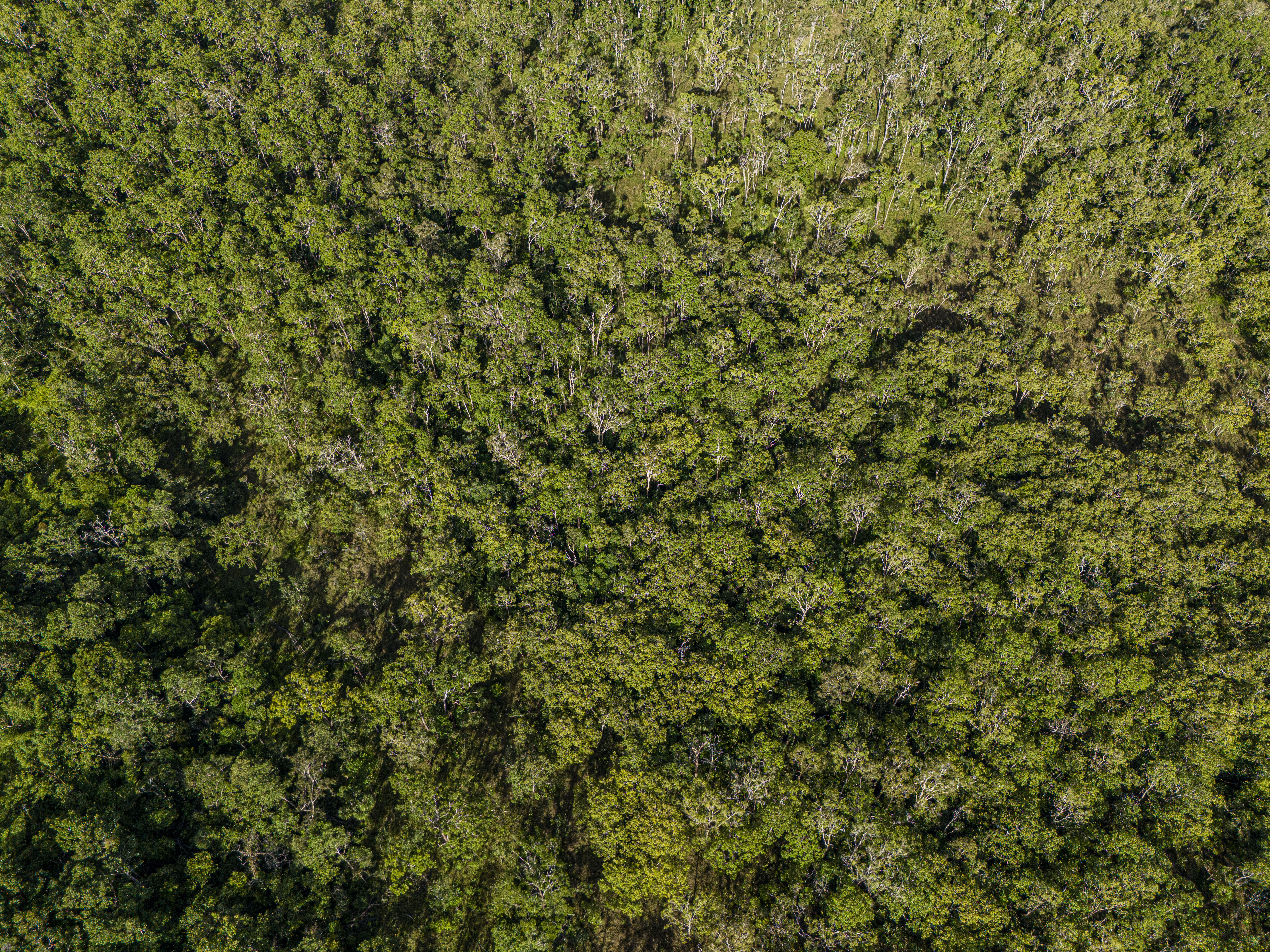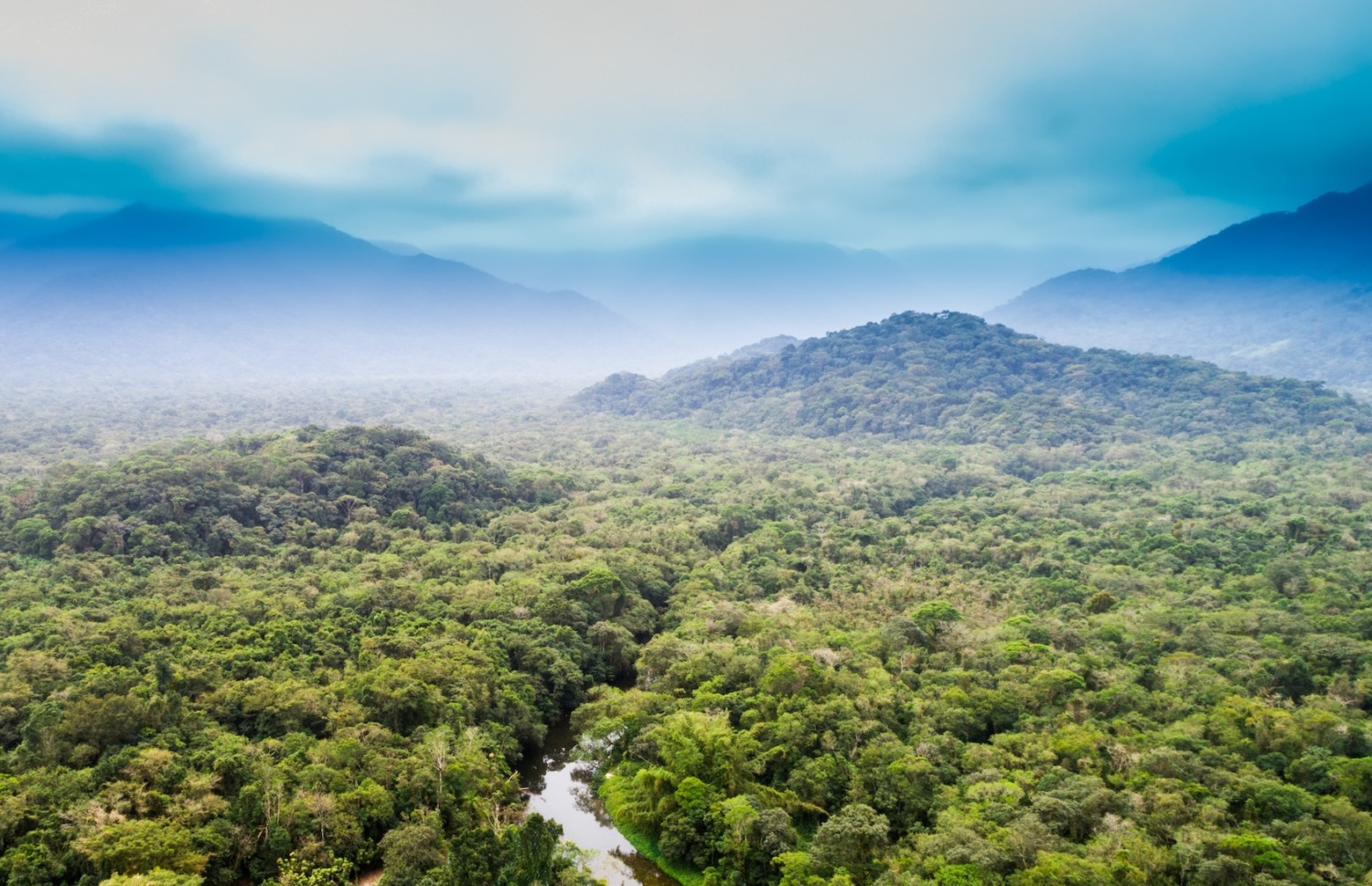
EU Parliament passes world’s first law to stop deforestation
The European Parliament has overwhelmingly approved a groundbreaking new law in Brussels today that will require companies to demonstrate that their products have not contributed to deforestation if they want to sell them in the EU market.
Mighty Earth applauds this vote but says there’s more work to be done to ensure all threatened ecosystems, including grasslands, wetlands, and peatlands, are protected.
The new European Deforestation Regulation (EUDR) applies to beef, soy, palm oil, cocoa, coffee, rubber, and timber, as well as most of the products derived from these commodities like leather, hides and chocolate.
Alex Wijeratna, Senior Director at Mighty Earth said:
“This landmark vote signals a turning point for the world’s forests and for climate change. For the first time Europe is telling business ‘If you or your suppliers destroy forests, you can’t sell your products here.’”
“This is great news for the Indigenous people and wildlife who depend on standing forests for their survival, but also for consumers who have been telling governments and companies that they don’t want to dine on deforestation.”
“There’s more work to be done to plug the dangerous gaps that remain in this ground-breaking EU law; we need to ensure that within a year of the legislation coming into force, “Other Wooded Lands” such as the Cerrado savannah in Brazil are given the same protection.”
Ends
Notes to Editors:
- Agriculture is the biggest driver of deforestation globally, with the meat industry one of the worst climate polluters.
- Imports of agricultural imports to Europe are the second largest contributors to global deforestation in the world, after China’s.
- A recent poll showed that an overwhelming majority of Europeans (82%) believe businesses should not sell products that destroy the world’s forests and support (81%) the law to ban products that drive deforestation.
- There was a groundswell of support for the new law with almost 1.2 million citizens calling on the EU to pass a strong regulation to stop imported deforestation.
For more information or to arrange an interview please contact:
Carole Mitchell, Senior Director of Communications (UK-based)
+44 7917 105000
About Mighty Earth
Mighty Earth is a global advocacy organization working to defend a living planet. Our goal is to protect half of Earth for Nature and secure a climate that allows life to flourish. We are obsessed with impact and aspire to be the most effective environmental advocacy organization in the world. Our team has achieved transformative change by persuading leading industries to dramatically reduce deforestation and climate pollution throughout their global supply chains in palm oil, rubber, cocoa, and animal feed, while improving livelihoods for Indigenous and local communities across the tropics.


